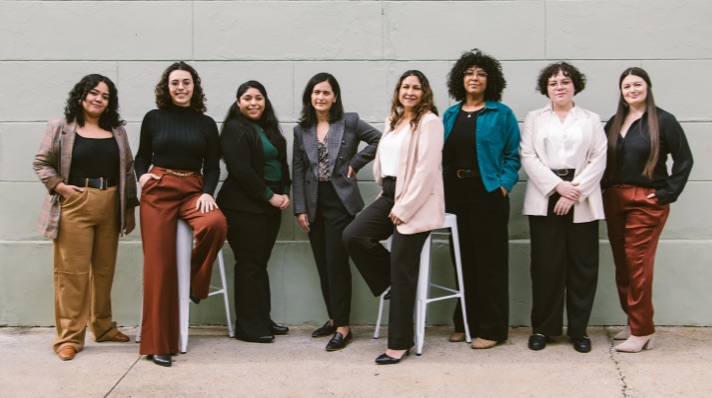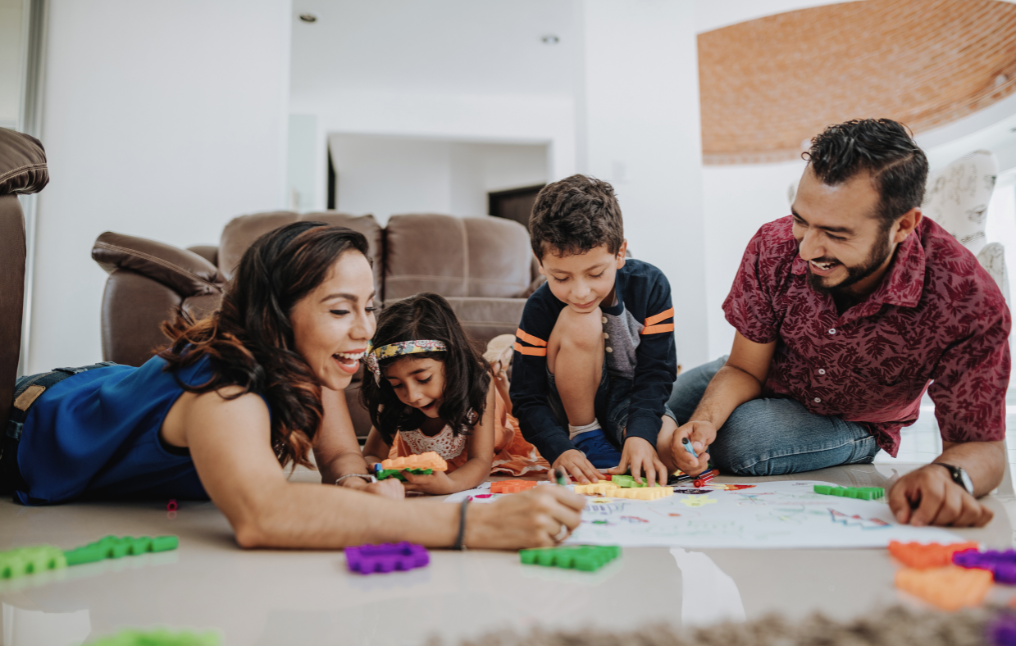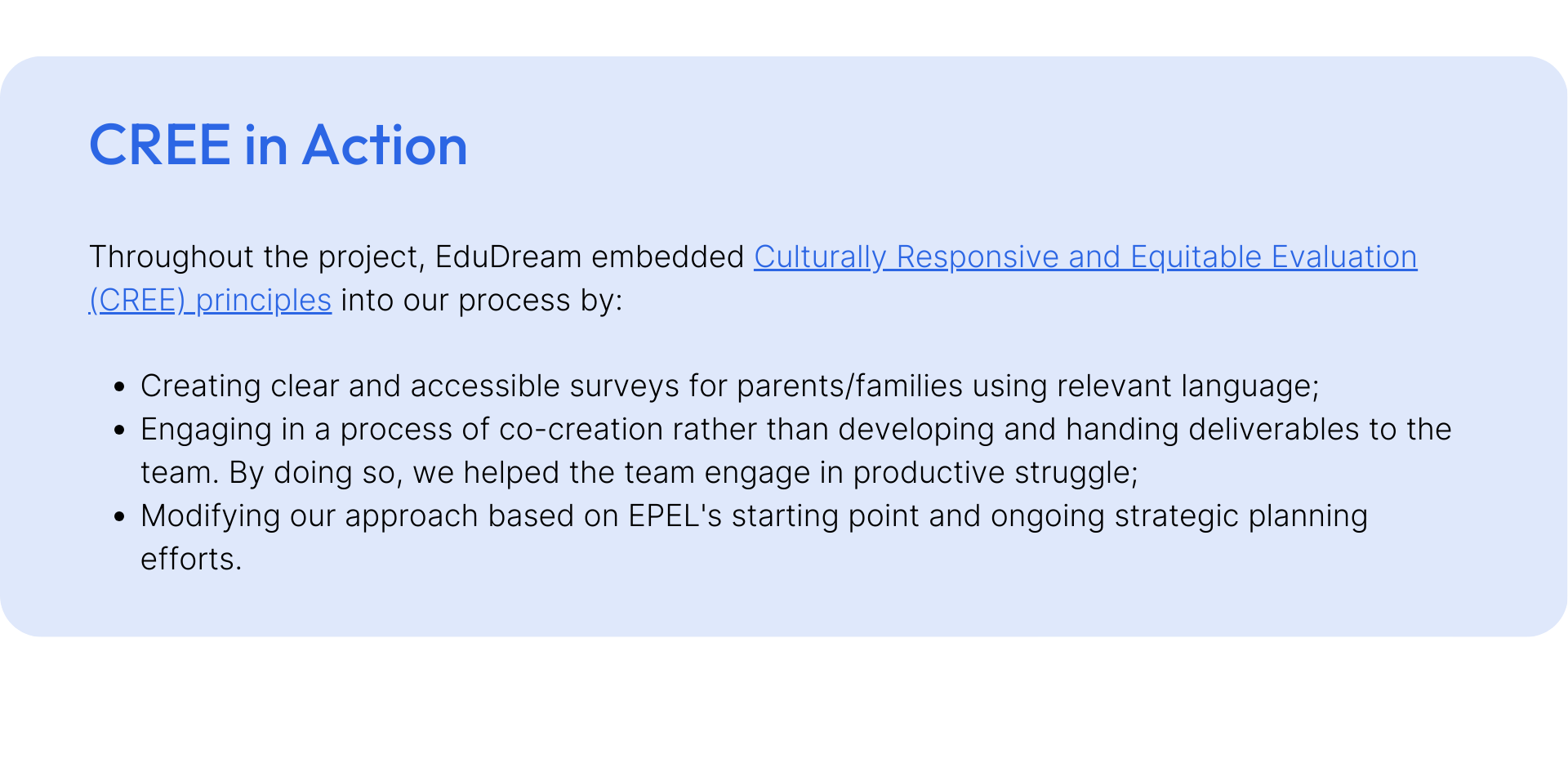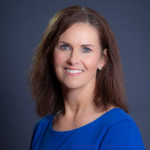The Background
As part of our ongoing five-year partnership with Illinois Action for Children, we provided valuable data strategy support to the Elgin Partnership for Early Learning (EPEL). EduDream developed a comprehensive data strategy that helped EPEL clarify and define its organizational outcomes, enabling them to better measure and achieve their goals.
EPEL is a non-profit early childhood community collaboration located in Northwest Illinois. Over the past 10 years, EPEL has cultivated relationships within the community, engaging families, organizations, the early childhood workforce, and healthcare providers to create a collaborative community-wide system of support for every young child to succeed in school and life. By integrating the expertise and resources of their partners, EPEL facilitates the development of a unified community plan.
EPEL sought EduDream’s support to better measure and document the impact of its collaborative work across the community, including clear and consistent data metrics and tools. From November 2023 to June 2024, EduDream collaborated with a 5-person EPEL team to clarify outcomes and metrics to ensure alignment to EPEL’s revised strategic plan.
The Process
We began by facilitating a series of conversations with EPEL’s project team which consisted of the executive director, board member, and data committee members to understand current processes and systems for data measurement, collection, and use. We conducted a data audit of EPEL’s existing data tools and processes for data gathering, storage, and use. Over the course of 3 months, we collaborated to co-create, a measurable Theory of Change (TOC) that reflected EPEL’s vision and mission. The TOC guided our creation of a measurement framework and data collection tools.
As our team worked with EPEL leadership and staff to create and hone a measurement framework, we identified gaps and opportunities for new data procedures and offered recommendations for building a strong organizational data culture.
Q&A with EPEL’s Executive Director
Amber Peters is the Executive Director of EPEL, who has been with the organization for 8 years. She shared what it was like to work with the EduDream team and experience our framework, rooted in CREE principles, throughout the data strategy project:
Q: How are you thinking about data collection and measurement differently?
EPEL is approaching data collection and measurement differently by focusing on two key principles. First, we are prioritizing data that directly supports and advances our mission, rather than collecting data just to meet funder requirements. Too often, nonprofits get caught up in gathering data that doesn’t align with core goals, which can shift the focus away from impactful work. Second, we’re ensuring consistency in how we gather data, whether through surveys, focus groups, or other methods. By asking the same questions in the same way across different data collection points, we produce cleaner, more comparable data, which allows for better analysis and stronger insights.
Q: Which part(s) of our work together were most successful?
We are excited to use these tools and information to move our work and the community forward in supporting all young families and children in school and life readiness. We have learned how to use our goals and tools for continuous improvement. EduDream posed thoughtful questions and assigned us reflective “homework” tasks to encourage a more intentional and innovative approach to our important work.
Q: Is there anything else you would like to share about our partnership or the project?
We are beyond grateful for this opportunity and have received far more than we ever imagined during this project. This is the most excited I’ve been in the past eight years, as we now have a well-structured, actionable plan with clear direction and measurable outcomes.
This opportunity arrived at the perfect moment, as we are witnessing alignment within the community and among partners, all ready to collaborate and make a significant impact on our young children and families. This project is one of the greatest gifts our collaboration has ever received. Thank you!



